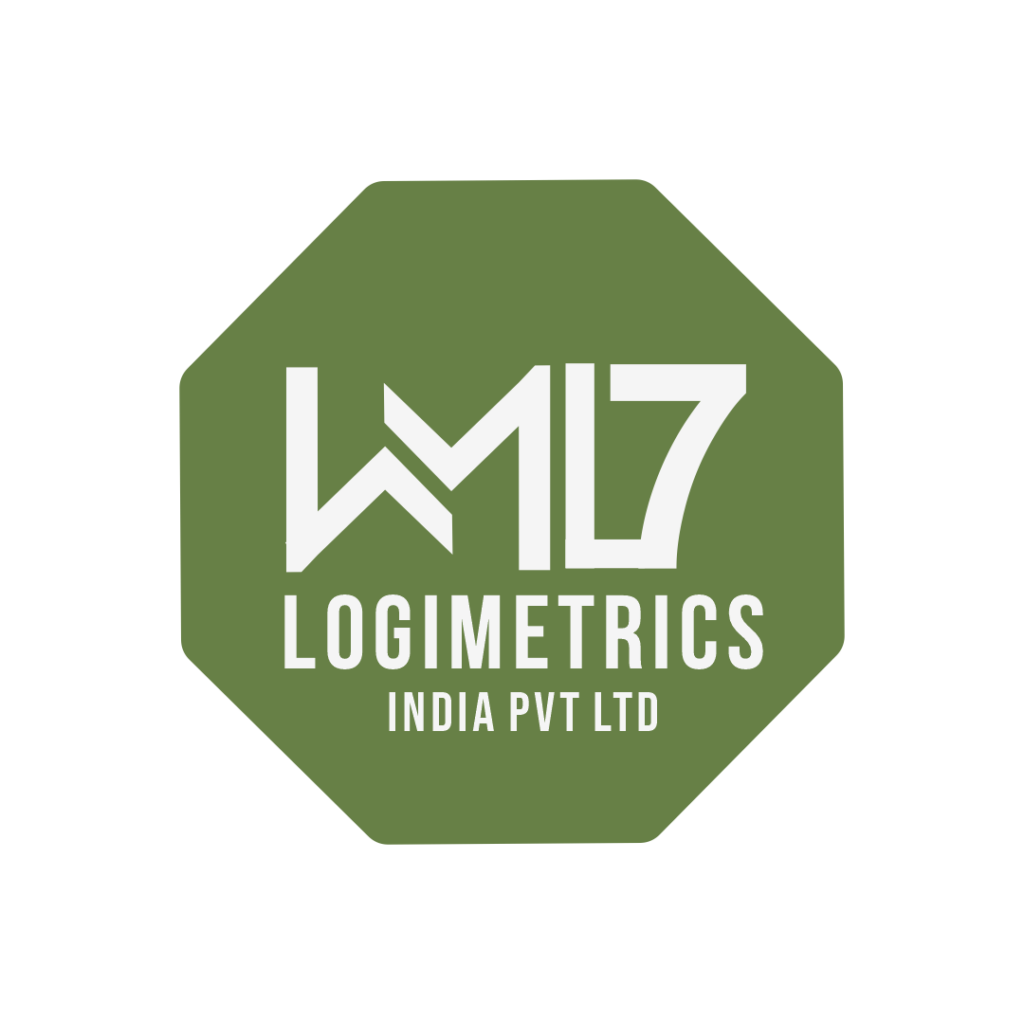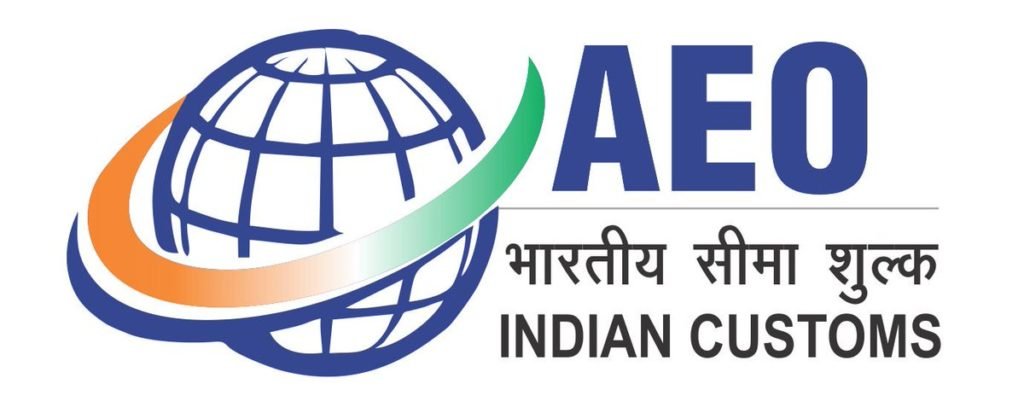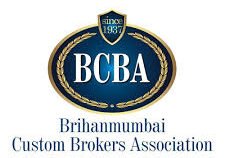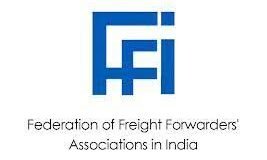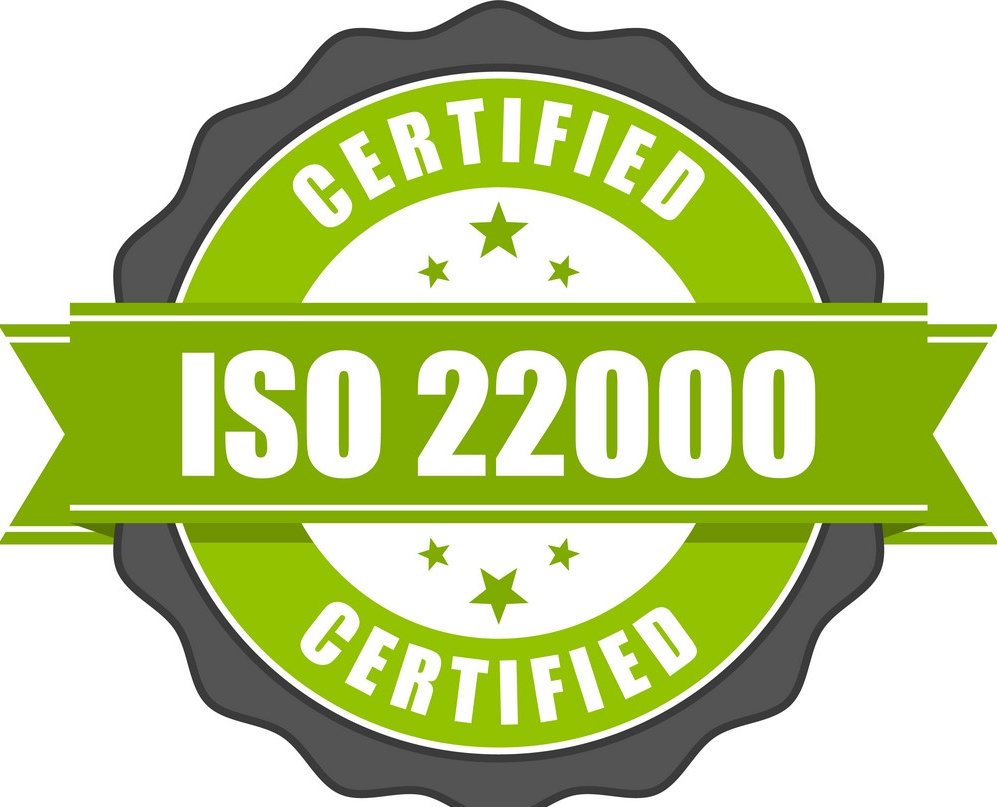Conduct Route Surveys for Industrial Project Movements
- Home
- Services
- Conduct Route Surveys for Industrial Project Movements
Our Services
Conduct Route Surveys for Industrial Project Movements
Conducting route surveys for industrial project movements refers to a detailed and extensive assessment or evaluation of a proposed transportation path for large-scale industrial equipment or materials.
Services We Offer:
Custom Broking (CB No #11/2494, Self OWNED)
It analyzes factors like topography or demography, infrastructure, road conditions, and potential obstacles or stumbling blocks to identify safest and most efficient route for cargo movements right from their origin to the final destination. This often involves specialized permits and considerations for oversized loads or goods.
Here comes Logimetrics Logistix LLP LML7-quintessentially called the ‘Good Samaritan’ by clients and customers alike for conducting route surveys for industrial project movements, thereby ensuring a seamless and streamlined procedure when it comes to goods deliverance via offering support services right from the initial planning, budgetary phase to the final transportation of goods to their assigned destinations in compliance with all the documentation, formalities, law, rules & regulations, custom clearance and all other aspects associated with industrial project movements.
LML7 has earned the reputation of deciphering operational excellence in providing comprehensive logistics solutions for all ODD Dimensional (ODC) cargo and the necessary allied services beneficial for existing and potential clients and customers. Every aspect of their working dynamics is handled by a sincere, efficient, and diligent team of experts and experienced professionals who
thoroughly know the ‘tricks of the trade’.
Before kickstarting their ‘splendid performance’ on industrial project movements, LML7 is always on the lookout for Key Aspects of an Industrial Project Movements Route Surveys, and they’re:
- Purpose/objective - Determine the feasibility of moving large industrial equipment or materials, identify potential threats or hazards, and plan the aptest route by considering the cargo's weight, size, and dimensions.
- Data collection methods entail:
- Field reconnaissance - On-site inspection of the proposed route, involving bridges, intersections,
- Topographical mapping - Detailed mapping of the terrain, including elevation changes, slopes, and contours.
- Utility - Identifying and ascertaining existing underground utilities/facilities such as pipes, cables, and locations.
- Local rules & regulations - Keeping a tab on required permits, weight restrictions, and any special transportation rules in the area.
Logimetrics Logistix LLP LML7 takes into account the following Factors in mind:
- Road conditions - Strength, width, load capacity, and any existing damage.
- Bridge clearances - Evaluate bridge height and width shortcomings or limitations.
- Cornering radius - Analysing tight turns and potential manoeuvring issues/problems.
- Environmental considerations - Identify sensitive ecological regions and probable environmental impacts/effects.
- Community impact - Assess potential disruptions/disturbances to local traffic and residents.
Logimetrics Logistix LLP LML7 adheres to the following Steps in a Route Survey for Industrial Project Movements:
- Preliminary site visit - nitial reconnaissance to understand the project scope, cargo details, and possible route options.
- Detailed & extensive route mapping - Employing surveying equipment to correctly measure distances, elevations, and key points along the proposed or chosen route.
- Risk assessment/evaluation - Identifying and determining potential hazards and mitigation strategies.
- Stakeholder engagement - Interacting with local or nearby authorities, landowners, and utility companies (like LML7) to obtain the necessary nod of approvals and coordinate access.
- Community impact - Assess potential disruptions/disturbances to local traffic and residents.
- Route optimization - Analysing data to select the most viable and efficient route, taking into account the cost/expense and time factors/stipulated timelines.
- Report preparation - Presenting the findings constituting detailed route plans,
All these benefits the on-board and prospective clients and customers, and LML7 is a perfect example of this, bearing testimony to its long-standing logistics services and solutions deciphered to them without any hindrance whatsoever!

